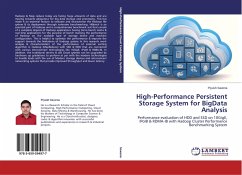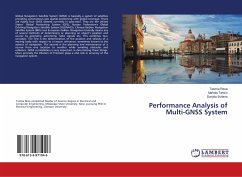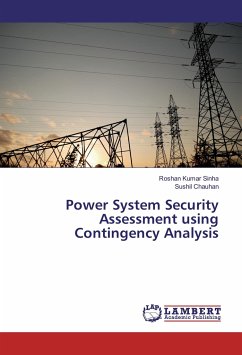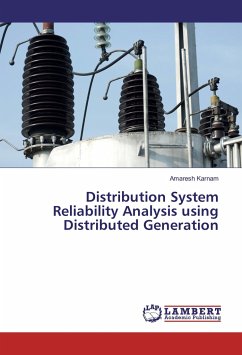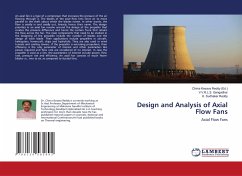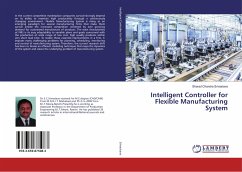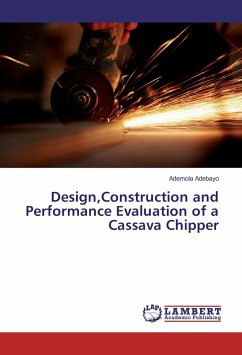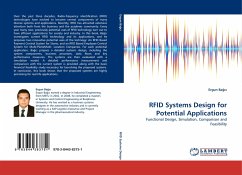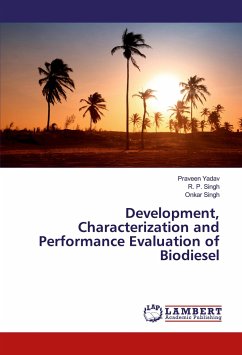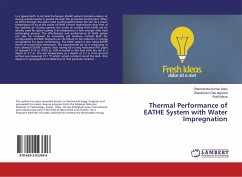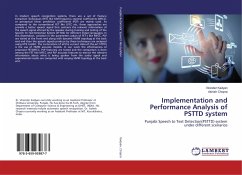
Implementation and Performance Analysis of PSTTD system
Punjabi Speech to Text Detection(PSTTD) system under different scenarios
Versandkostenfrei!
Versandfertig in 6-10 Tagen
33,99 €
inkl. MwSt.

PAYBACK Punkte
17 °P sammeln!
In modern speech recognition systems, there are a set of Feature Extraction Techniques (FET) like Mel-frequency cepstral coefficients (MFCC) or perceptual linear prediction coefficients (PLP) are mainly used. As compared to the conventional FET like LPCC etc, these approaches are provide a better speech signal that contains the relevant information of the speech signal uttered by the speaker during training and testing of the Speech To Text Detection System (STTDS) for different Indian languages. In this dissertation, variation in the parameters values of FET's like MFCC, PLP are varied at the...
In modern speech recognition systems, there are a set of Feature Extraction Techniques (FET) like Mel-frequency cepstral coefficients (MFCC) or perceptual linear prediction coefficients (PLP) are mainly used. As compared to the conventional FET like LPCC etc, these approaches are provide a better speech signal that contains the relevant information of the speech signal uttered by the speaker during training and testing of the Speech To Text Detection System (STTDS) for different Indian languages. In this dissertation, variation in the parameters values of FET's like MFCC, PLP are varied at the front end along with dynamic HMM topology at the back end and then the speech signals produce by these techniques are analyzed using HTK toolkit. The cornerstone of all the current state-of-the-art STTDS is the use of HMM acoustic models. In our work the effectiveness of proposed FET(MFCC, PLP features) are tested and the comparison is done among the FET like MFCC and PLP acoustic features to extract the relevant information about what is being spoken from the audio signal and experimental results are computed with varying HMM topology at the back end.



